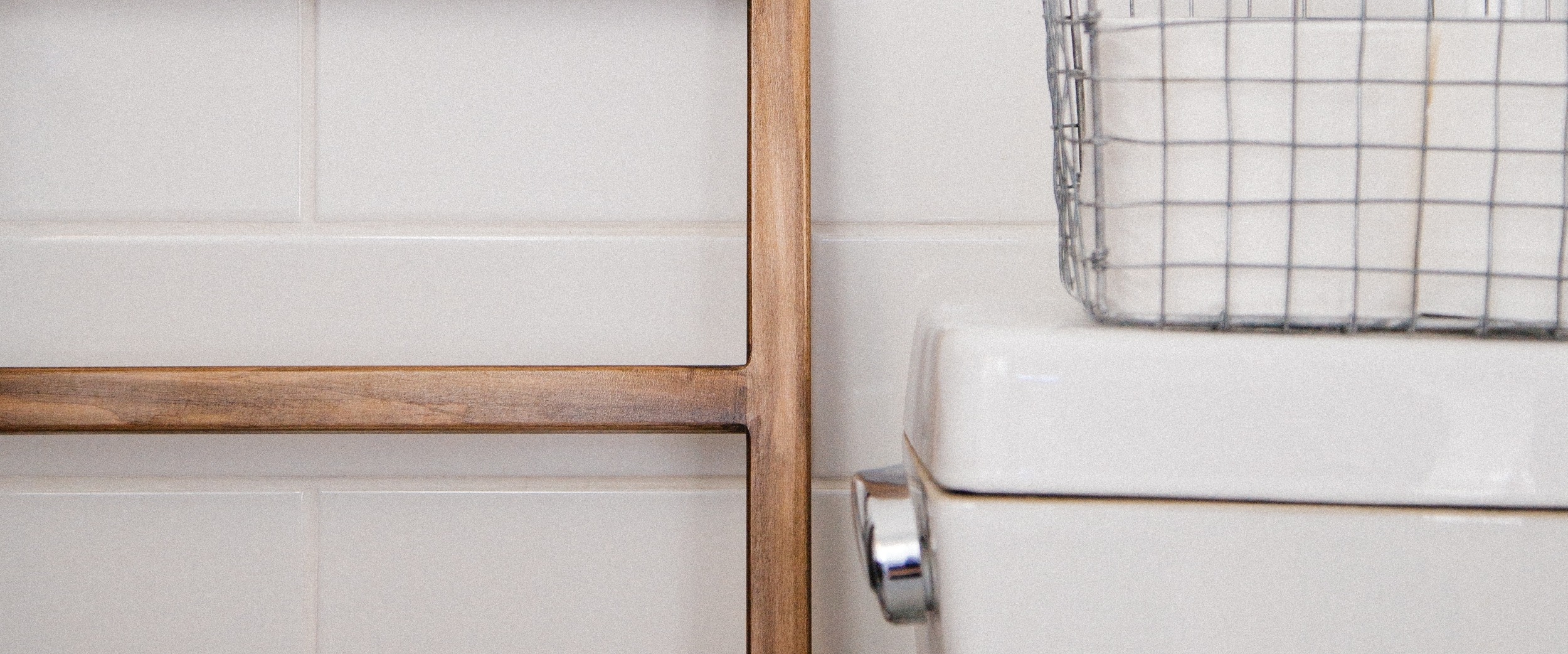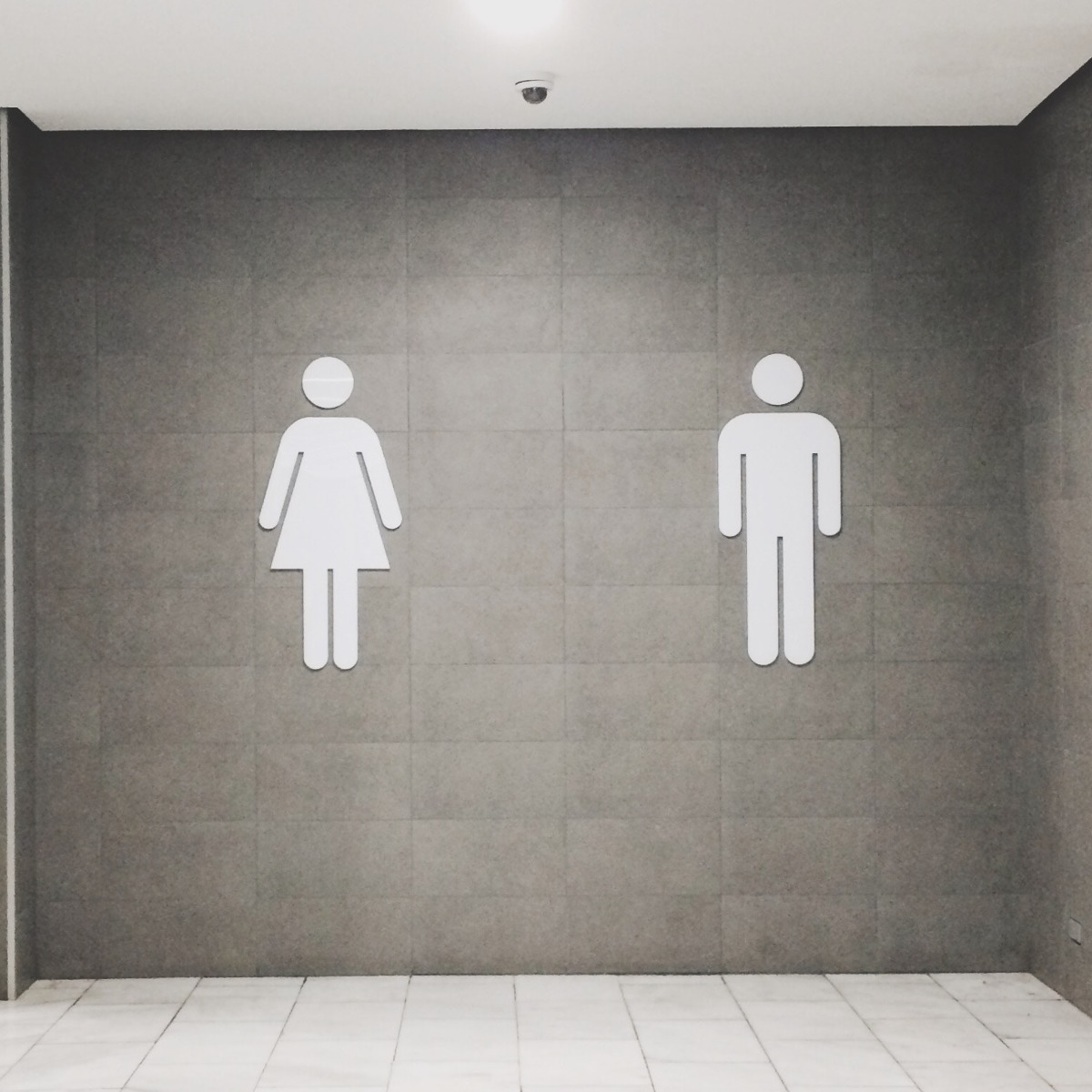Poop, definitely a topic that most of us don’t want to have candid conversations about, especially when it comes to our own. But constipation is one of the most common side effects of many cancer treatments, and can be a real pain in the butt, literally.
All joking aside, there are a several options to help manage constipation and support healthy bowels throughout your various cancer treatments and after.
During active treatment, staying ahead of constipation, is key. If you find that you’re constantly dealing with constipation after treatments then trying to prepare your bowels a day or two before your treatment could save you a lot of agony in the long run.
We’ve put together a list of ways to help you manage constipation caused by cancer treatments.
Food: The number one food to eat to keep you regular is fibre. Fibre-rich foods have long been known to contribute to healthy digestion. Because your body doesn't absorb fibre, it helps by pushing food through your intestines. Legumes (like beans and peas), broccoli, whole grains and nuts are just a few of many foods that are high in fibre. Unlockfood.ca recommends 25 grams per day for women aged 19-50, and 21 grams for women over 50.
Foods to avoid? Milk, red meat, cheese, and fried foods are high in fat. High fat foods tend to be low in fibre and can slow down your digestion.
Water: Drinking water not only keeps you hydrated but will also help loosen and soften your stool, especially if you're eating a lot of fibre. If you’re tired of plain water try adding a piece of lime or lemon to change it up, or try one of these infused water recipes. Warm drinks also may help stimulate a bowel movement, such as tea, warm juices or warm lemon water.
Laxatives: There are a variety of laxatives that range from pills to liquids to enemas.
You may already be provided with laxative in pill form by your health care team to take prior to, during, or after your treatments. If you aren’t receiving laxative in a pill form speak to your health care team about whether or not you may benefit from this.
Enemas may provide faster relief if you are experiencing severe discomfort and pain from constipation; however, it important that you consult with a health care provider prior to taking one, especially if you are in active treatment as they’re often not recommended when you’re receiving chemotherapy, or must be used in moderation
Magnesium hydroxide: Also known as Milk of Magnesia, magnesium hydroxide helps to relieve constipation by drawing water into the intestines from other areas of your body. It's a fast-acting over the counter laxative that should only be used for occasional constipation. Speak with your doctor first before trying it.
Stool Softener: A stool softener is a mild laxative that softens the stool by moistening it, making it easier to pass. It takes time to work so it should be used if you have mild but chronic constipation. Speak first with your doctor to make sure it's the right laxative for you to take.
Photo by Charles Deluvio








